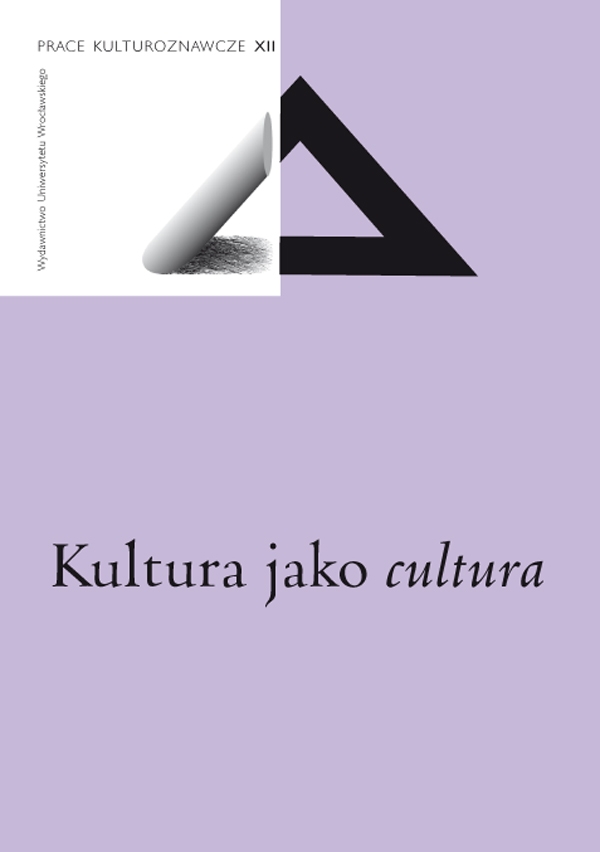

Kultura i kondycja humanistyki

The humanities of presence
The author diagnoses the condition of the humanities today, referring to the conclusions of its avantgarde movements, mainly postmodernism. The loss within these movements of the basic epistemological categories — such as objectivity, reality, truth, experience or symbol — causes a referential break between language and being. This state of affairs gives rise to research controversies and thought aberrations that undermine the authority of the humanities and the sense of their practice. These controversies are by no means an innovation of our times. They appeared on numerous occasions in the history of thought and — speaking more broadly — culture, with the “monastic” experimental style and the “qualitative” speculative style marking their ascendancy or descent to the scholarly underworld with greater or lesser force. What undoubtedly characterises the humanities today is the extent to which obvious cognitive absurdities masquerading as science throw theirweight around, absurdities stemming from seemingly innocent premises, such as the use of inventiveness, paralogy, narrativeness, etc. in research. Their worldview-related consequences leading through tolerance to relativism lead to a ban on the application of axiological procedures and on the reference of a worked-out conceptuality to extra-linguistic reality. This turns out to be dangerous not only to cognition as such but also to the sense of human existence. That is why a return to the monastic style and, as part of it, essential cognition and practices of presence e.g. directness of experience, the so-called “ontological call” not being ignored by the scholar based on symbolic-spiritual exercises bringing to mind the ancient idea of humanitas and the horizon of universal values, can lend support to the crisis-ridden humanities and humanists.